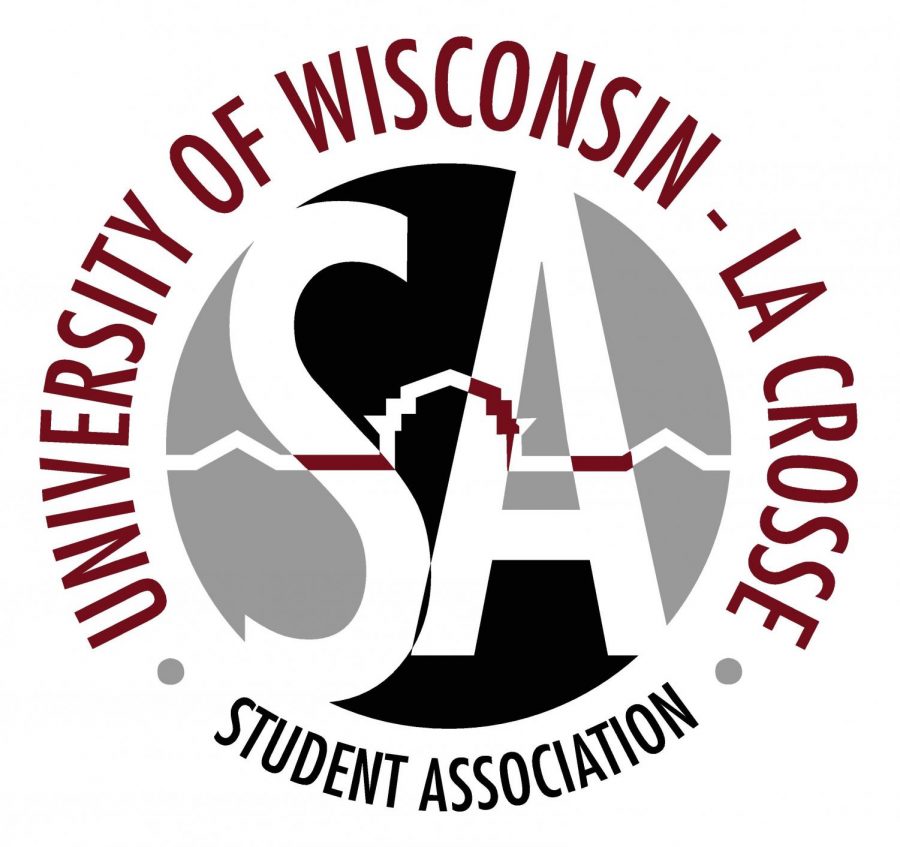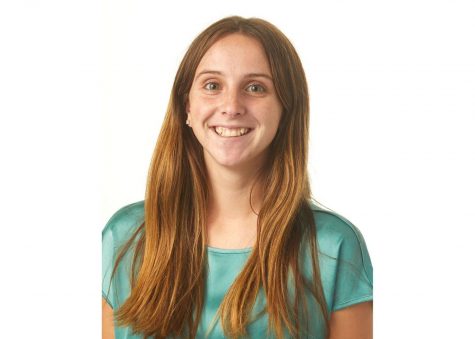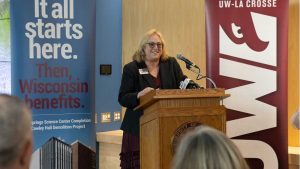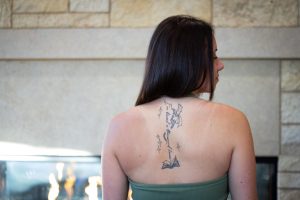Student Association discusses legal aid services on campus
December 10, 2021
On Wednesday, Dec. 8, the University of Wisconsin-La Crosse Student Association (SA) met with Vice Chancellor for Administration and Finance Bob Hetzel about UWL’s plans and with the on-campus law advisor Mark Huesmann who talked about resources available to students.
The first speaker to come to the senate was Hetzel who wanted to update the SA on the prospects of UWL and some of the plans UWL has for the future. He talked about the enrollment numbers at the institution. UWL currently has 10,314 students this year and 2,207 first-year students. This is a record-high number of first-year students enrolled at UWL. Hetzel said that the enrollment rate is still lower than average because UWL juniors and seniors withdrew from the university due to COVID-19. He also said that UWL has the highest retention rate in the University of Wisconsin system.
Hetzel also discussed the financial challenges that UWL is facing and the plan they have for the future. He said that since enrollment numbers are down due to COVID-19, there are fewer students’ fees that the University receives. The UW System is also currently in a 10-year tuition freeze, meaning that the cost of tuition cannot be changed. He said, “we’re finding the biggest challenge is the tuition freeze.”
Hetzel also talked about the impact of COVID-19 on the budget. He said that UWL has been given 38 million dollars from the government in the last 22 months to help manage the impact of COVID-19.
He said, “Almost 16 million dollars was given to student financial aid.” Funds went towards COVID-19 testing that is open to students, faculty, staff, and the community. UWL also used the money towards contact tracing and personal protection equipment. Hetzel said that “UWL has used 273,400 disposable masks in the fall semester, we have been able to get them for free from the state of Wisconsin.”
He then talked about the new building updates that will happen on campus. Currently, the new fieldhouse is being built and is projected to be finished by August 2022. He said, “We are going to have the best indoor track facility in the Midwest when the fieldhouse opens.”
UWL will soon enter phase two of the Campus Master Plan which includes additional construction to Prairie Springs Science Center. Phase two will include demolishing Cowley Hall and constructing a building attached to the current Prairie Springs Science Center. This building will have over 30 high-tech classrooms, many faculty offices, and a new greenhouse. The addition is estimated to cost 110 million dollars and will need to be passed through legislation.
UWL also intends to renovate the residence halls. Hetzel said that UWL is behind in renovations because of COVID-19 but is going to begin work again soon. White Hall will not be open at the end of the semester due to renovations. Laux Hall will get interior renovations in the summer.
Hetzel also mentioned the plans for a parking ramp in the Center for the Arts parking lot. He said there is a very high demand for parking spots from students and faculty.
The SA hosted two other guest speakers, professor Mark Huesmann and Kathryn Olsen. They came to speak to SA about the campus law advisor. Huesmann is a professor on campus as well as a lawyer in the La Crosse area. He has been giving students legal aid services at UWL for 26 years.
The legal aid service is paid for by segregated fees and is available to all students on campus. He is available for a short window of time two days a week, but since he is an instructor on campus, he has more flexibility to meet with students. Huesmann said, “We need to get the word out better to students on campus.”
He talked about how he can give students advice on many issues from dealing with landlords to underage drinking tickets. He can provide legal advice to students, but he does not represent students as their lawyer. The senate discussed that the main issue is a lack of awareness for this service that is available to students. Huesmann said, “I don’t think that it would hurt if Provost Betsy Morgan or Chancellor Joe Gow sent out a campus-wide email that mentions the legal aid services.”
This can be a tool that students can use for free. Legal advice may be difficult to access for students and this resource provides a way for students to receive free advice.
Next, the SA discussed the proposed Green Fund grants. One of the grants is to put LED lights in the new spaces in the Recreational Eagle Center and the other grant is to help fund a startup program for shared bikes on campus. This was the second week it was brought to the senate and both resolutions were passed.
The SA also discussed a resolution about approving the fiscal year 2023 allocable segregated fee budget. The segregated fees go to campus organizations and are funded by student bills. The only change that is proposed this year is taking money out of the reserves to have an increase for SA. The budget increase is believed to increase the travel budget after cuts were made due to COVID-19. This resolution will be discussed again at the next meeting and will likely be voted on.







